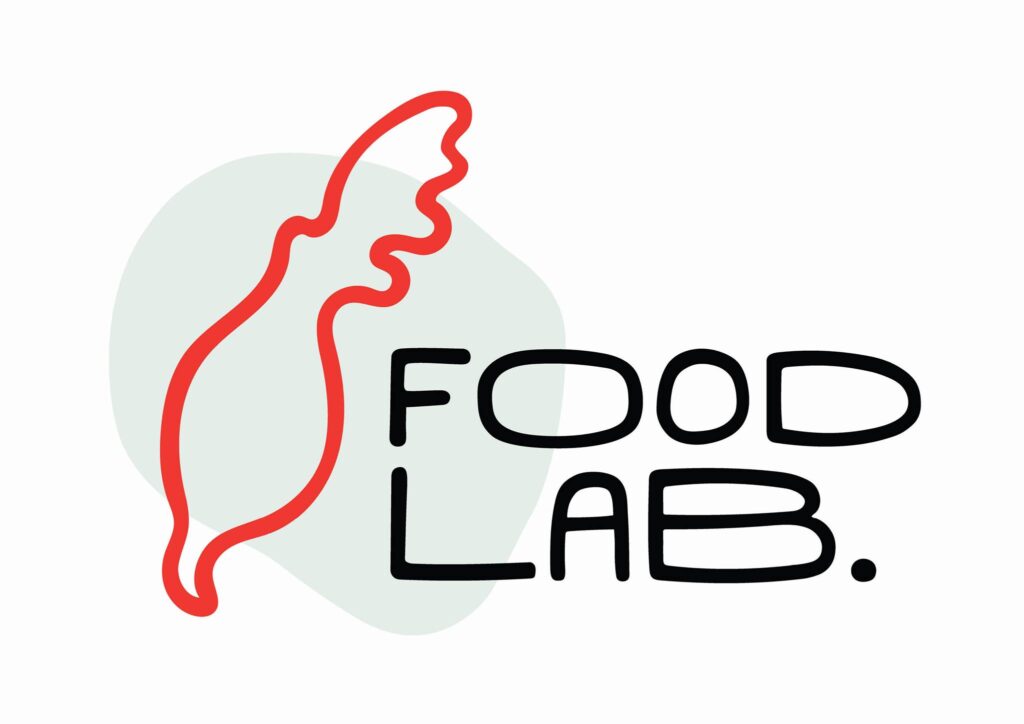SDU FoodLab (Systems research, situated practices, design & policy) and CUHRE (Elite Centre for Understanding Human Relationships with the Environment) are pleased to invite you to join our lunch-to-lunch ‘sprint symposium’ on questions concerning the ‘politics of participation’ in socio-ecological transformations with a more-than-human dimension.
With an ambition to bridge the gap between research and practice, we are inviting practitioners from academia and beyond to contribute to a critical dialogue on how participatory processes are shaped and experienced in our complex, more-than-human world, and to collaboratively develop a publication plan.


*
‘Publication sprint’ symposium:
Politics of participation in a more-than-human world
Kolding (Denmark)
2-3 December 2024
~ lunch-to-lunch ~
Special Guest:
Professor Karen Malone
*
The focus?
In recent years, participatory methods and consideration of more-than-human aspects of existence have gained significant traction. Originally practised and theorised in grassroots movements and emerging from flat and horizontal structures of social organisation, ‘participation’ has a long history. Similarly, the concept of more-than-human has deep roots in diverse cultural contexts that are often glossed over as the term shapes contemporary research engagements. We aim to critically examine what has been lost and gained along this journey. We will ask such questions as:
- What are the implications and impacts of mainstreamed participation and co-creation? What is at stake and for whom? Is participation, in its diverse forms, benefiting others beyond the researchers and practitioners who are shaping the field?
These questions become particularly salient with respect to socio-ecological relations and more-than-human entanglements:
- What does participation mean in the context of socio-ecological transformations? How can participation be conceptualised, considering a diversity of human and non-human actors?
- Who stands to benefit from participatory processes? Are the benefits equitably distributed? Can they ever be? In what ways does this question matter?
- Who sets the terms of participation? Who is not participating? How does power function in and through participation?
- Can more-than-human participation be thought of as a difference-inducing and generative counter-measure to the human propensity for playing along as good participants and ‘reliable witnesses’?
- In what ways do non-humans participate in human efforts? Are these ways relevant, beneficial, enriching, or regenerative? For whom? How can diverse, more-than-human forms of participation be fostered and evaluated?
- What does it mean to think about participation in these terms?
We hope to create a space in which to delve into these questions, and work towards an outline for an edited volume through a ‘book sprint’ approach.
Book sprint?
Book sprints are bursts of intense collaborative work to create books in a very short time frame. Our aim is not to have a full manuscript by the end of the symposium as in most ‘book sprints’, but rather to think together through the many facets of the topic and develop the outline for an edited volume – e.g. a table of contents and chapter authors.
On the basis of that outline, we will develop a proposal for either a book or a Special Issue in a scientific journal, to which all participants will again be invited to contribute – with a yet to be determined timeline!
Practical details?
Lunch-to-lunch, 2-3 December 2024.
University of Southern Denmark, Kolding campus.
Participation is free. Lunch on both days, dinner on Day 1 and breakfast on Day 2 will be provided. If you do not have access to institutional funds for travel and accommodation, please get in touch. We have a number of bursaries available.
We anticipate a total of around 20 participants, but are open to considering more.
More details and full agenda in due course!
Special Guest!
We are excited to count with the participation of Dr. Karen Malone, Professor of Environmental Philosophy and Childhood Studies at Swinburne University of Technology, Australia. As author, educator and researcher, Karen utilizes ecofeminist, posthuman, and vital materialism in her theorizing of human-more-than-human relations as the means to dismantle ontological and epistemological binaries and build conceptual alliances between the natural sciences, the new humanities and Indigenous knowledges. Karen has over 120 publications with her most recent books being: Wilding Ecologies, Walking-with Glacier; Children in The Anthropocene; Reimagining Sustainability in Precarious Times; and Theorising Posthuman Childhood Studies.
How to apply?
Please fill in the short form at this link: https://forms.office.com/e/rqZVh7U4nG
We ask for: your personal details; up to 250 words explaining your interest and how your work intersects with the thematic focus; 1-3 preliminary questions that you think this symposium – and an edited volume – should raise, discuss, address; up to 5 of your related publications or projects with a short statement framing relevance.
If selected, you will be asked to do a 3 minute presentation on you related area of interest and questions.
Deadline: September 29th
We will select participants and inform all applicants by October 9th.
Contact Information?
For more information, please contact Danielle Wilde wilde@sdu.dk & Nina Moeller ninam@sdu.dk


